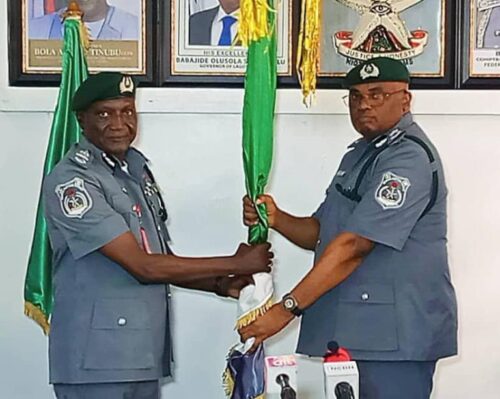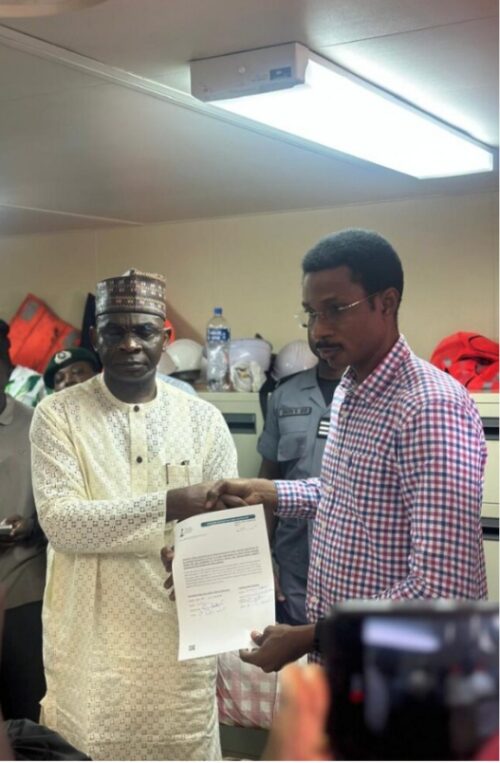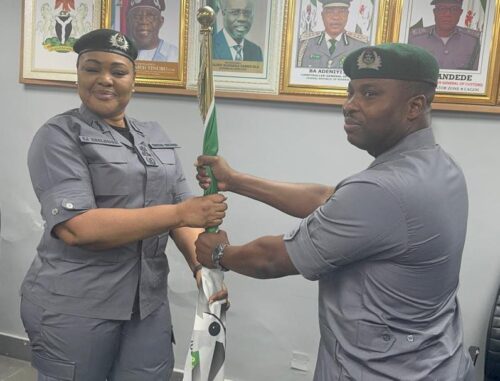NPCC Presents Seven-Point Position Paper Towards Efficient Implementation of Marine, Blue Economy Policy
Nifemi Coker

The Chairman, Nigerian Port Consultative Council, Mr. Bolaji Sunmola, has presented a seven-point position paper to aid successful implementation of the National Policy on Marine and Blue Economy.
Sunmola made the address, yesterday, at the second quarter, Citizens and Stakeholders Engagement Meeting hosted by the Ministry of Marine and Blue Economy themed “Strengthening Collaboration for Effective Implementation of the National Policy on Marine and Blue Economy”.
According to Sunmola, the document is NPCC’s contribution towards translating the policy from just a document to visible and measurable outcomes for the prosperity of all.
The seven-point position consists; prioritisation of local content through complete enforcement of the Cabotage Act; increased commitment to reduce vessel turnaround time; commitment to port modernisation in line with global standard; investment in human capital development; raising the bar in environmental standard across the industry; strengthening marine governance framework; and creating inclusive programmes which recognize the prioritise coastal communities.
He said in part: “First, we must intensify our commitment to local content enforcement. Nigerian losses over $9 billion annually due to under enforcement of the Cabotage Act.
“This is an economic and patriotic emergency. Our ports must now prioritize indigenous participation in shipping, terminal operations and maritime services. National/indigenous companies must not only be present, they must be protected and empowered.
“Secondly, cargo dwell time in Nigerian ports is unacceptably high. It is a major deterrent to trade and a direct cost to the economy. Through digital reforms, Port Community System and continuous customs modernization, we must cut this down to acceptable international standards.
“Thirdly, infrastructure modernization is critical. We must ensure that upgraded and modernized infrastructures are smart, green and accessible. We also need to ensure that our inland connectivity by rail, water and road, is seamless, to avoid the congestion trap.
“Fourthly, we must invest in people. Our young people, our dock workers, our stevedores, our marine professionals. The policy must translate into skills development, scholarships, apprenticeship and new career paths in logistics, digital operations and port security. Human capital will define the future of our ports.
“Also, our environmental standard must rise to or surpass global expectations. We can no longer afford oil spills, plastic pollution or illegal dumping. Our ports must be green, certified and aligned with circular economy. Sustainability is not just a buzz word. It is a business imperative.
“Furthermore, we must fix our governance framework. Duplication of agencies, overlapping mandates and manual clearance processes must give way to a unified, efficient and an accountable system. Government agencies must lead charge towards a single window.
“Finally, inclusion must be our guiding principle. The policy must empower and the youth and coastal communities through employment, entrepreneurship and innovative laws. The blue economy must work for us.”






